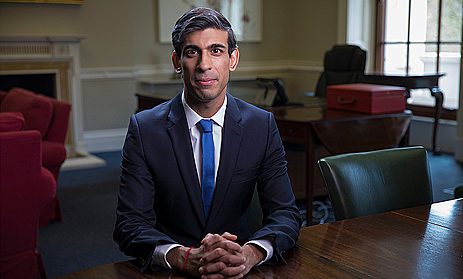Features
Sunak’s Spring Statement: What it means
The chancellor, Rishi Sunak, unveiled his highly anticipated Spring Statement to the public last week, invoking many mixed emotions within the hospitality industry. AGO Hotels and UKHospitality share with Hotel Owner where the announcement went wrong, the implications of Sunak’s statement on the hospitality industry, and issues which the Spring Statement should have addressed.

You'll need to
subscribe to unlock this content. Already subscribed? Login?











